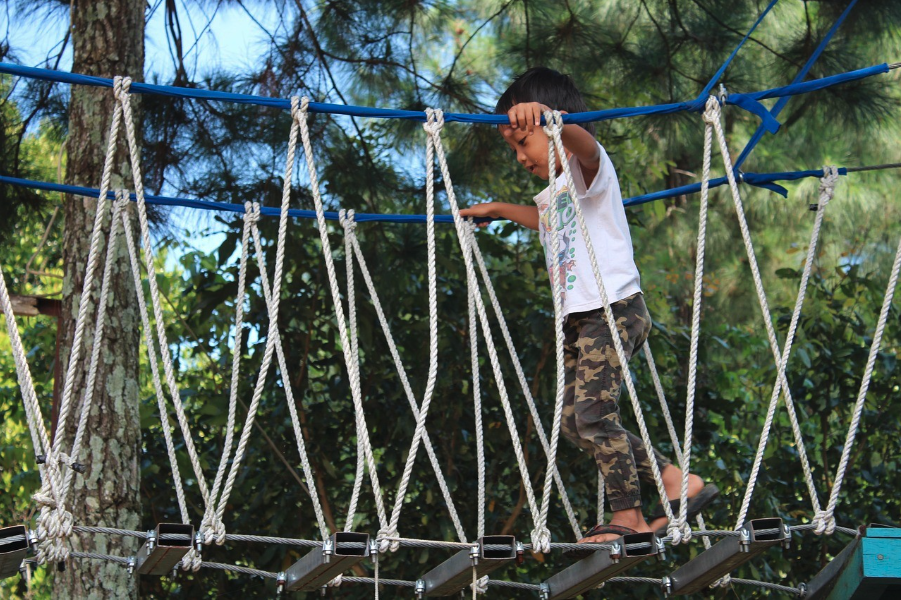MODE-PI
The impact of early movement patterns in premature infants on psychological development at school age
The movement patterns of an infant shortly after birth can provide information about the state of the nervous system and thus about the child's further development up to school age.

Premature babies have an increased risk of developmental delays. Age-typical spontaneous movement patterns can provide an indication of the condition of an infant's nervous system. In the MODE-PI project, we are investigating how these movement patterns relate to the child's development and behavior at school age.
We interview parents of school age children about their child's behavior, emotions, skills, movement and play behavior. To assess movement patterns in infancy, we refer to spontaneous movements that had been recorded as part of the development check when the child was three months old. In addition, we measure the children's current movements over a period of 8 days. This allows us to investigate whether everyday activity is related to abnormalities in early movement patterns or to different aspects of development at school age.
Contact
E-Mail: ngn.gm@usz.ch